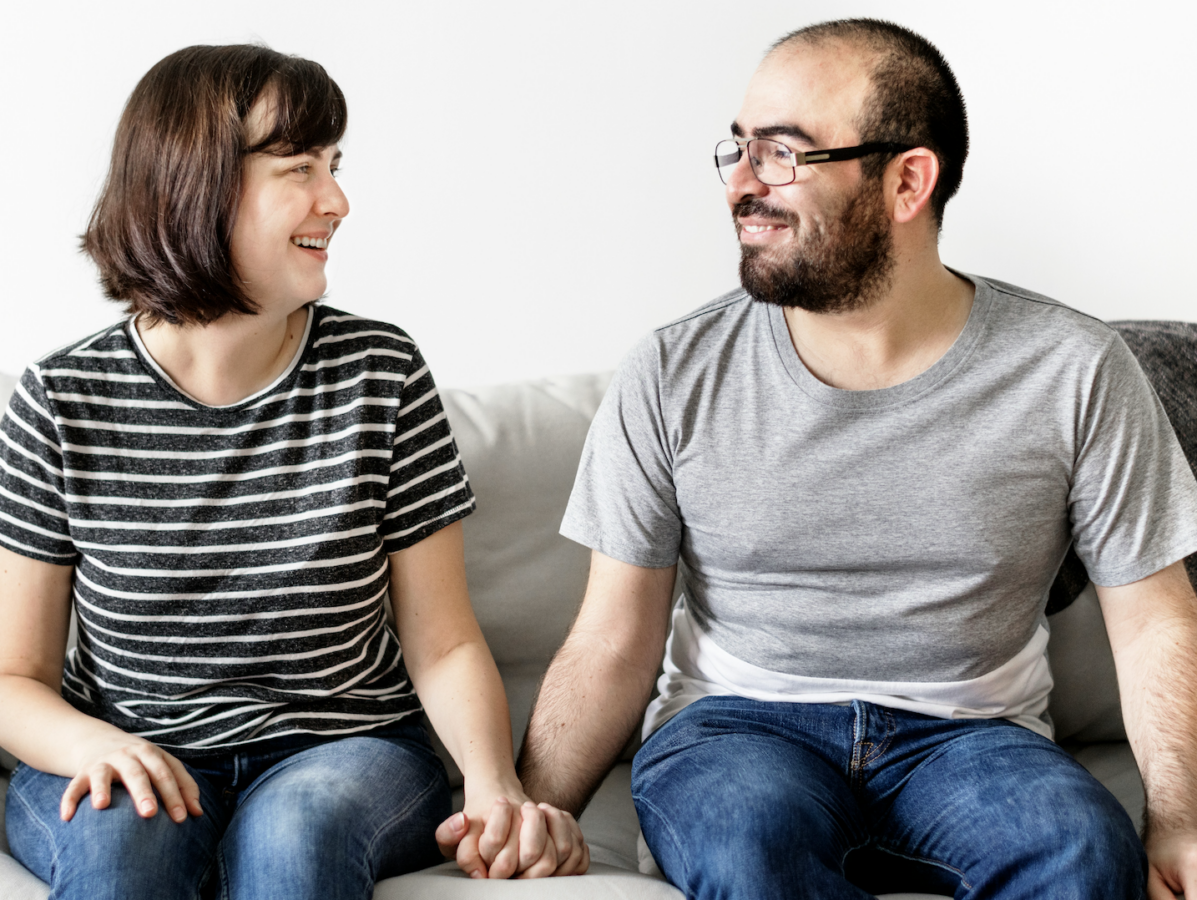While all relationships experience challenges and no relationship is perfect, neurodiverse couples are often faced with unique challenges that traditional couples counseling isn’t set up to properly address. A neurodiverse relationship is a relationship in which at least one partner is neurodivergent. In our population, neurodivergent individuals make up 15-20% ranging from individuals with ASD, ADHD, Dyslexia, Sensory Processing Difficulties, Dyspraxia, Dyscalculia, Synesthesia, OCD, and other common brain variations that impact how the individual processes information differently than neurotypical individuals. In this article, we’ll explore the unique challenges faced by neurodiverse couples and how Neurodiversity Couples Counseling can support addressing such challenges and foster a greater understanding of the neurological differences between individuals and their impact on relationship dynamics.
While Autism and ADHD are the most common forms of neurodiversity spoken about today, it is important to remember that neurodiversity represents a variety of differences in brain structure resulting in a different way of interacting and experiencing the world. No two humans are the same, whether Neurodivergent or Neurotypical and so no two people experience the world around them in the same way. That being said, there are some common differences between Neurotypical and Neurodivergent people that can be found. Some of these common differences in Neurodivergent individuals include difficulty managing impulsivity, sensory and emotional overwhelm, low frustration tolerance, difficulty reading non-verbal cues, executive functioning difficulties, rejection sensitivity dysphoria, and hyper-fixation in special interests. On top of the typical issues faced in relationships, Neurodiverse relationships tend to experience conflict due to a build-up of resentment over time and feelings of being misunderstood.
Interestingly enough, it is often these same differences that draw these partners to each other. The Neurodiversity magnet is a term that represents the initial strong pull and attraction the neurotypical and neurodivergent individuals feel towards each other. This magnet specifically speaks to some of the dynamics seen between a neurotypical person and a partner with Autism. For example, the neurotypical partner may be attracted to the autistic partner's stability, focus, and intelligence, while the autistic partner may appreciate the neurotypical facilitating or helping them navigate social situations. Also sometimes seen within this dynamic, the neurotypical partner may be the autistic partner's special interest, especially during the dating period. The neurotypical partner tends to enjoy the intense attention given to them during this initial stage, further intensifying the pull between them.
While all relationships face challenges and each presents with its own unique issues, the challenges faced by a neurodiverse couple are unique because they stem from structural differences in the brain. Some common sentiments found between neurodiverse couples include feeling disconnected from their partner, feeling as though they speak two different languages, or feeling like their partner cannot provide empathy or patience. These are areas where Neurodiversity Couples Counseling plays a critical role by addressing communication difficulties, sensory sensitivities, social interaction challenges, emotional regulation, and issues with intimacy and connection.
Communication difficulties in a neurodiverse couple stem from difficulty interpreting non-verbal cues, difficulty understanding non-directive language, or difficulty with expressing feelings effectively. This will typically lead to frustration and misunderstandings within the relationship. Daily routines or activities can also be difficult between partners due to discomfort or distress from environmental stimuli, sometimes making partners feel as though certain situations need to be avoided to minimize sensory overload. Social interactions can also be more complex due to difficulties with social conventions, such as maintaining eye contact or small talk. This can sometimes lead a neurotypical partner to feel as though they must carry the social load, creating difficult dynamics or leading to resentment over time.
Oftentimes, a lack of understanding or awareness about how different these individuals process and experience the world can cause partners to feel completely alone and misunderstood. This is also why traditional couple counseling does not work, as it typically assumes both partners are equally adept at focusing on emotions and sharing insights. Since most counseling modalities are developed by neurotypical clinicians, traditional counseling may be ineffective and sometimes cause more harm.
Neurodiversity Couples Counseling, however, tailors its approach to the unique dynamics of neurodiverse relationships, fostering empathy, understanding, and practical solutions.Therapists specializing in Neurodiversity Couples Counseling focus on creating personalized strategies to meet the distinct needs of each partner. They employ tools such as cognitive-behavioral therapy (CBT), social skills training, and relationship-focused interventions to help couples navigate challenges. By understanding and embracing differences, this counseling method builds resilience and strengthens bonds, allowing neurodiverse couples to thrive.

